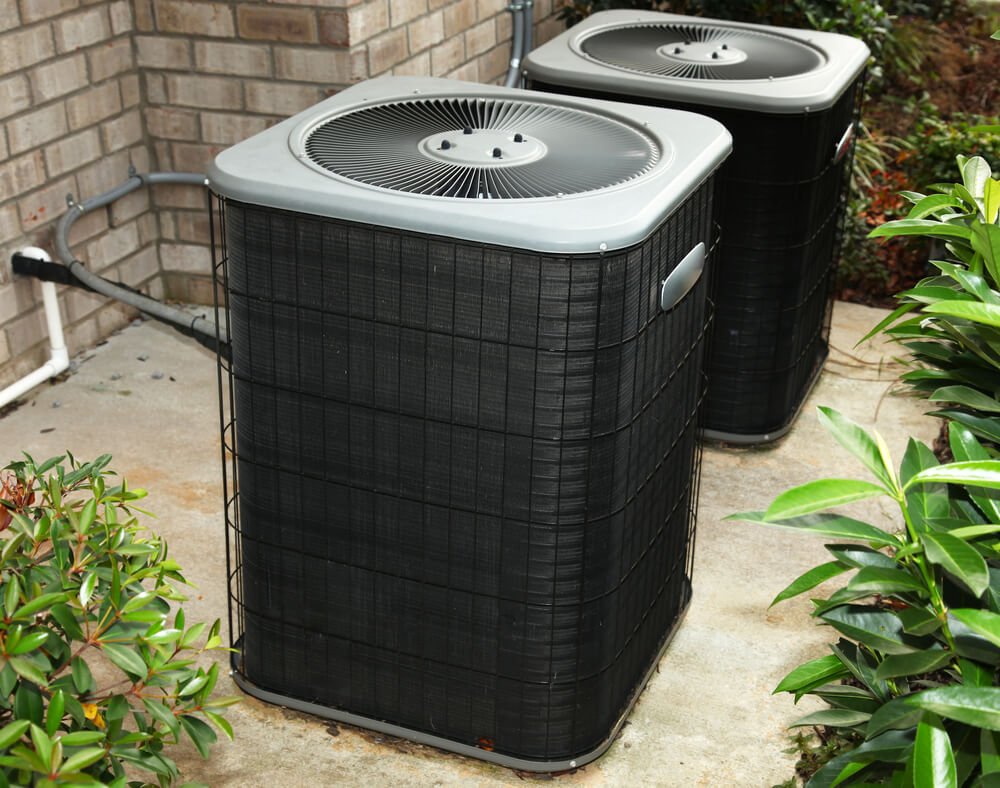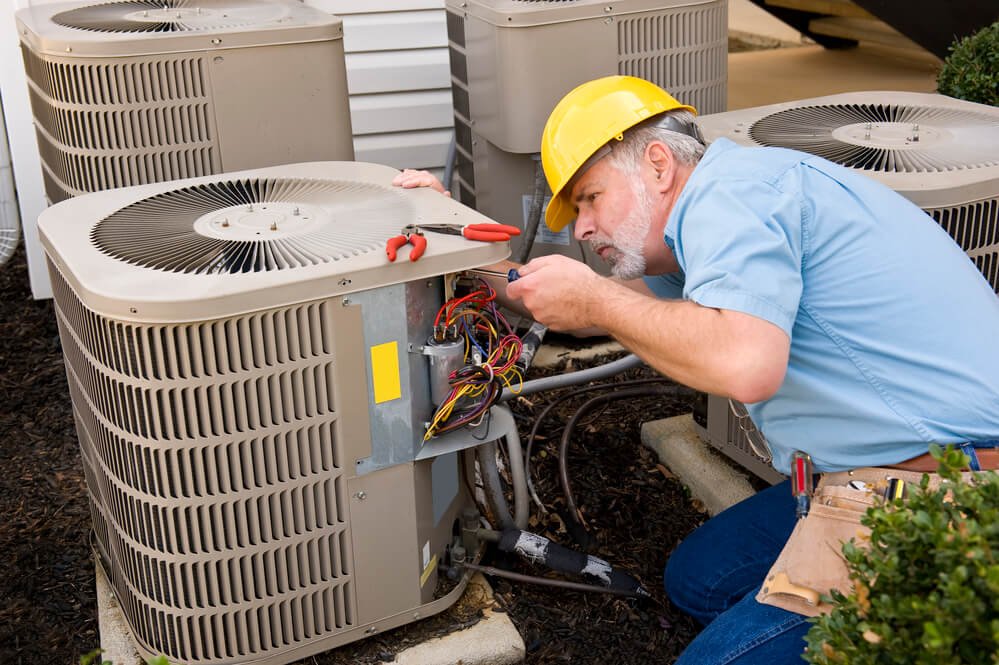
Why Is My Outside Air Conditioning Unit Not Turning On?
If you live in a place in the world where you experience hot, long summers, or in the tropical zones where you experience year-long humidity, you will probably depend heavily on your air conditioner. It can also be a matter of life or death in circumstances such as homes for the elderly or hospitals, explains Superior HVAC Repair Spring, local specialists for AC repair in Spring, TX.
So, it is always a matter of concern when your air conditioner is not functioning properly or, worse, not turning on at all!
If you have this problem, you may have to call in a technician, but often the problem is a small one and it may even be something that you can fix yourself. Remember that regular maintenance is always the best way to prevent problems arising in the first place, and save you a lot of money in the long run.
Troubleshooting
Most outside air conditioning problems come from a small range of possibilities, so it is worth going through a few basic checks before deciding on the best course of action:
Check the controls: air conditioner controls may simply be incorrectly set. Make sure that the thermostat (providing the display is working, see below if the thermostat is not displaying) is set to cool. Then set the temperature to about five degrees below the indoor temperature or low enough for your comfort.
Check the electricity supply:
It is possible that there may be a tripped fuse, due to a power surge or an electrical fault. You might just need to reset the breaker or replace a fuse.
Some types of air conditioners have a fuse at the shut-off box situated near the unit itself, so check that as well. It may have been turned off accidentally.
Check the air filter:
- the air filter is clogged, the air conditioner may run, but not cool the air properly. Or, that could stop the unit from turning on at all. It is, sometimes difficult to tell whether the filter is clogged or not, so the best advice is to change it every three months
Check the condensate line:
- the air conditioner removes humidity from the house, condensate is expelled. Over time the drain becomes clogged and the drain pan will overflow. This will then cause the working float switch to trip. It is possible to use a wet/dry vacuum cleaner to clear the drain line, but it might be worth investigating further why the clogging is happening in the first place.
- units have a drain pump, and a faulty pump could be the cause of the blockage.
Check the thermostat:
- a look at the display on the thermostat. It might just need new batteries, or if it is an old, analog thermostat, it should be replaced with a more efficient digital thermostat.
Check the wiring:
- of the wiring to your unit might be exposed to the elements, and could have become worn or damaged/cut. If you are capable of replacing or reconnecting wires safely, then you can undertake this repair yourself. However, there is the danger of being shocked, so it might be worth calling in an expert rather than attempting this yourself.
Check the re-set button:
- the air conditioner might have a reset button near the outside unit. It might just need to reboot and then work perfectly again.
- your AC unit does not have a reset button, you could try turning off the thermostat, waiting 5 minutes and then turning it back on – which would have a similar effect to reset button.
Check out this video:
If you prefer to see, rather than read about how to troubleshoot problems with your AC unit, there is a very clear, useful video on YouTube.
To do when you have tried all of the above:
- you just have to accept that your AC needs to be replaced, because the cost of replacing some of the parts, is just not worth it in terms of time and money. You can check out the cost of many different types of AC units on Amazon.
- if your outside AC unit won’t turn on, go through the handy checklist above. Always remember to be safe when working with electricity by switching off at the mains first!
- remember that prevention is better than cure, even in respect of air conditioners. Make sure that you do regular maintenance and that should go a long way to preventing major replacement costs.
- finally, if your AC unit is more than twelve years old (or won’t start at all after checking everything), then consider replacing it with a more efficient unit.





